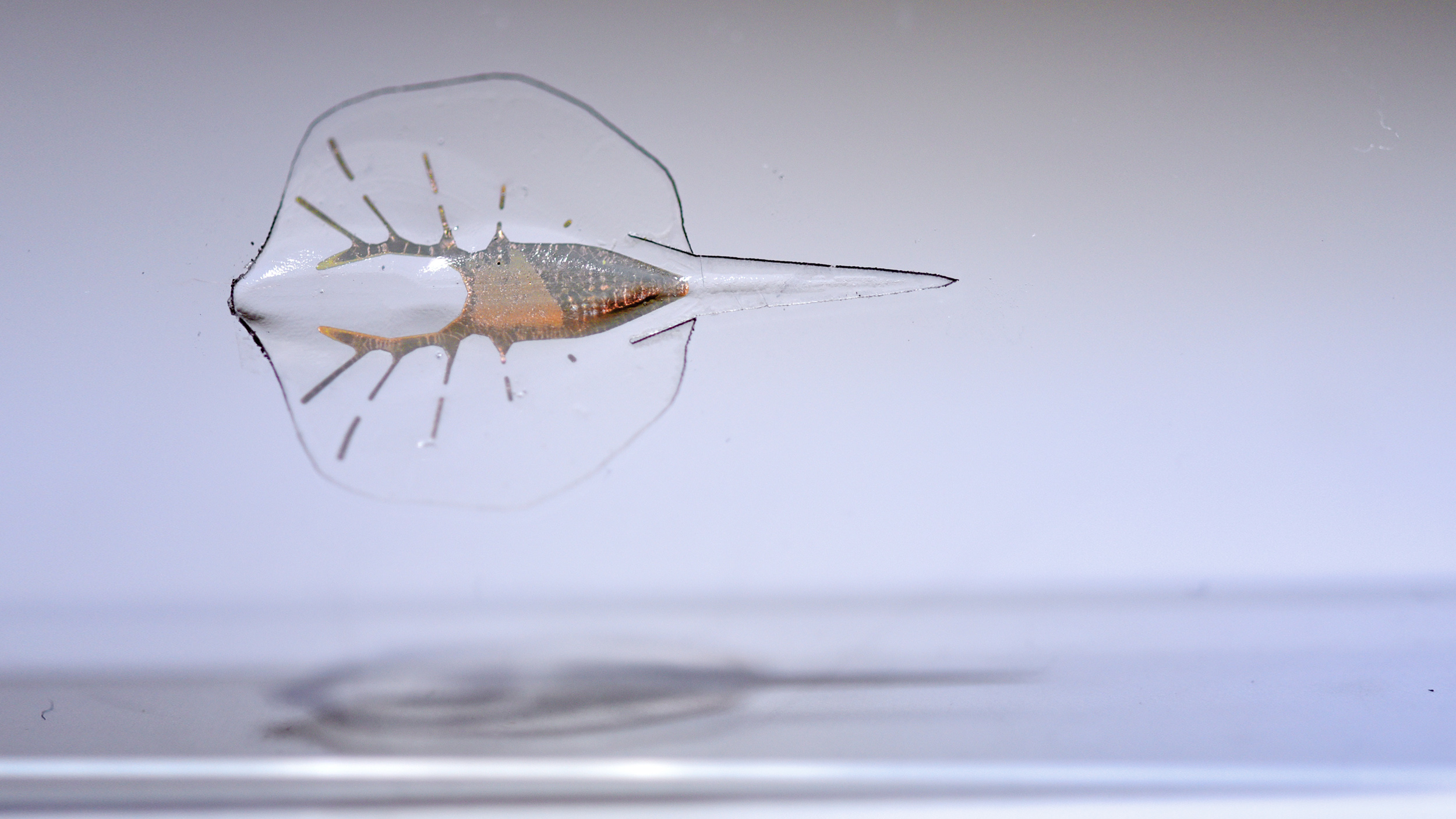Scientists Are Closer to Creating Life

While it’s not a Frankenstein’s monster, it’s still an exciting advancement toward creating life from scratch. The journal Science announced that a team of scientists produced a yeast chromosome.
The Verge explains:
Synthetic biology has come a long way in recent years. In the last two decades alone, scientists have been able to go from synthesizing the genome of a relatively small virus, Hepatitis C, to creating what researchers refer to as the “first synthetic cell” from a unicellular organism. Yet until recently, researchers had been incapable of constructing one of the most emblematic symbols of our own genetic makeup: the eukaryotic chromosome. Now, a team of scientists has announced that the age of the synthetic chromosome is upon us, as a study published in Science today reveals how the group was able to construct a yeast chromosome from scratch — an experiment that allowed the team to make fully functional “designer yeast.”
Eukaryotic chromosomes belong to eukaryotes — multicellular organisms such as animals, plants, and yeast whose cells contain a membrane-bound nucleus. Although scientists have previously been able to construct viral DNA and bacterial DNA, the synthesis of a eukaryotic chromosome had not been achieved. So, when the scientists decided to construct a chromosome from scratch, they knew they had to plan it out carefully. “We didn’t make a carbon copy of an existing chromosome,” says Jef Boeke, a molecular biologist at New York University and co-author of the study, “but an extensively modified version designed on a computer, using a set of principles that were predicted to make happy, healthy yeast.”
To learn more, head over to The Verge.





